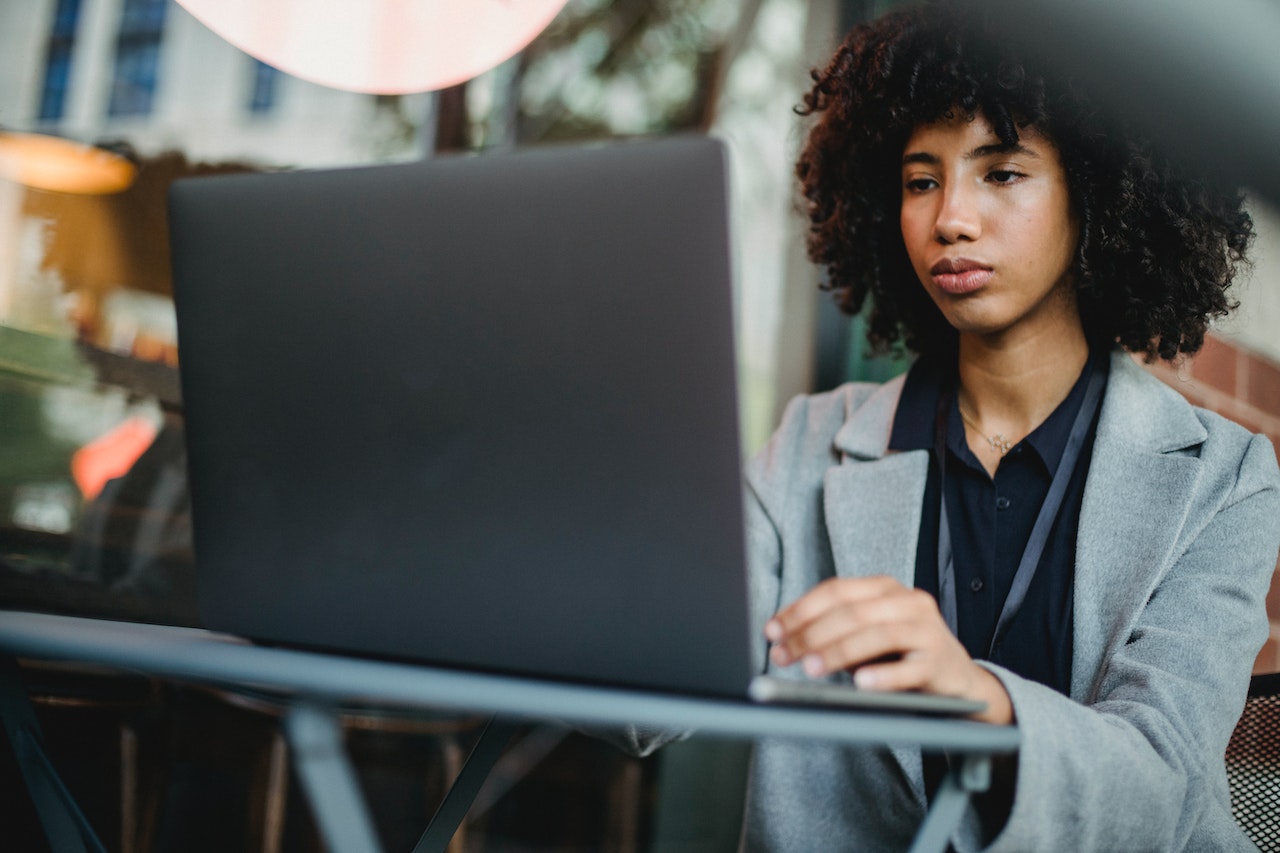Four Black tech executives took part in a panel Oct. 19 at the 2023 Future of Black Communities Summit discussing advancing digital equity for Black people and communities.
The panel, which took place at the Joint Center for Political and Economic Studies, featured the Director of the Office of Minority Broadband Initiatives, Dr. Jon Gant; Director of the Center for Technology Innovation at the Brookings Institution, Dr. Nicol Turner Lee; Comcast NBCUniversal Associate Vice President, Sean Mickens; and Google Manager and Senior Analyst, Justice Ukadike. The panel was moderated by Anthony Green, the co-creator of the SHIFT podcast.
Green began the panel discussion by asking Lee what have been some of the most exciting developments when it comes to advancing digital equity since the beginning of the COVID-19 Pandemic.
“It’s been no secret that Black and Brown people have been connected to this internet that has evolved into artificial intelligence and so this conversation around the intersection between race, place, and space has been real and what the pandemic presented as an opportunity was that more people were paying attention,” Lee said. “We actually have coming out of the pandemic and with the infrastructure bill, probably quadruple the amount of money that we had since President Obama when it comes to addressing connectivity. We started the digital divide with President Clinton and here we are today still talking about it, but this time we’ve got resources around it.”
Mickens added that Comcast’s Internet Essentials program has been providing internet services for low-income households for more than a decade.
“The program helps low-income communities be able to gain access to the internet, but also to teach them some of the digital skills that are necessary for them to grow in that space and as we’ve seen the investments come in from the government the past two years we’ve been doubling down on those efforts of increasing the ways in which people talk about not just having affordable access to the internet but also understanding how to utilize it once you’re on there,” Mickens said.
The panel continued with Green asking Ukadike what challenges government, industry, and the nonprofit sector should come together to address in closing the digital divide.
“I think it’s critical that we identify, invest in, and coalesce around those key and critical high leverage point opportunities to accelerate this work and everybody is implicated here, industry to third parties to society on to and including government as well, we all must understand the comparative advantage and lean into it,” Ukadike told the panel. “I would say from my advantage that we should also work to scale up these efforts and understand how to ensure training efforts into the space we know that works and then ensuring that we’re investing in bringing capacity as well.”
The panel also discussed the Affordable Connectivity Program (ACP), an FCC benefit program that is part of the infrastructure bill providing a discount of up to $30 per month toward internet service for eligible households, and up to $75 per month for households on qualifying Tribal lands. Mickens told the panel that the program is paramount, which is why so many are working on extending the program.
“This was originally put in as an emergency measure in the infrastructure bill but right now people are trying to extend it,” Mickens said. “Currently there’s a little over 21 million Americans enrolled in the ACP program, so continuing to fund that program and getting Congress to reauthorize funding for this program is something in the short term that can be immediately impactful for everyday people as we work to get more people signed up.”
RELATED CONTENT: This Black-Owned Company Wants to Close the Digital Divide in Rural Virginia
